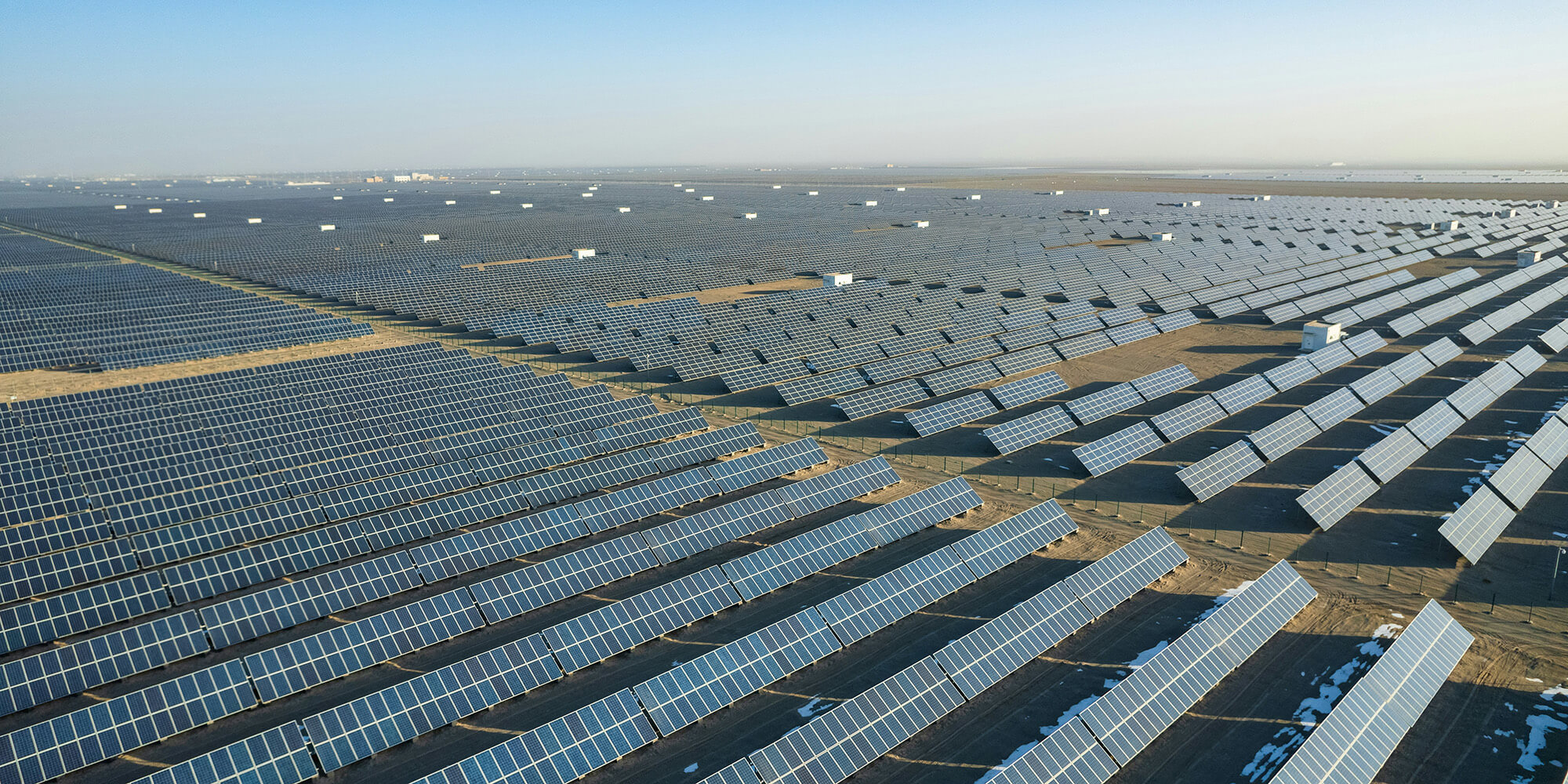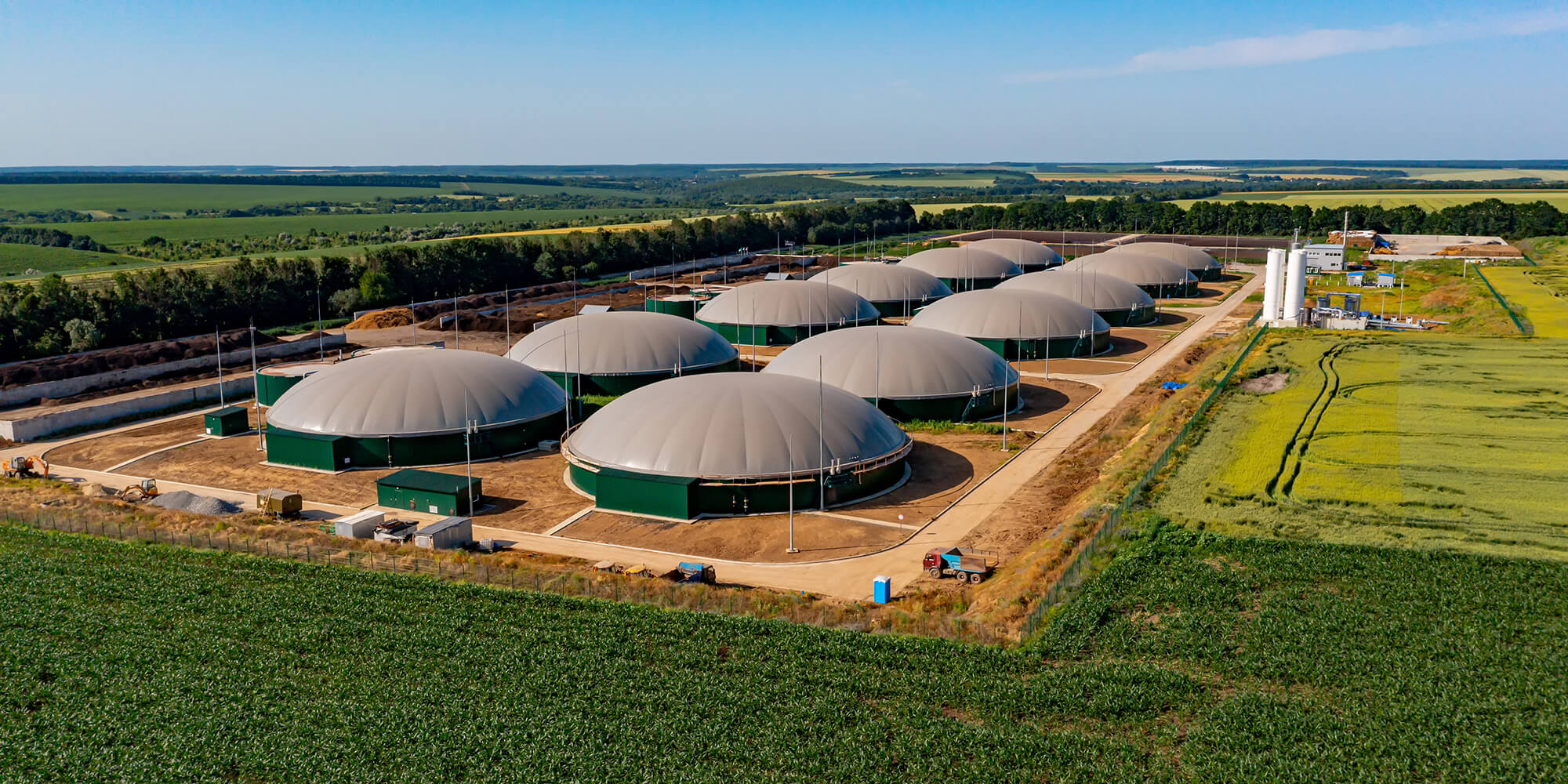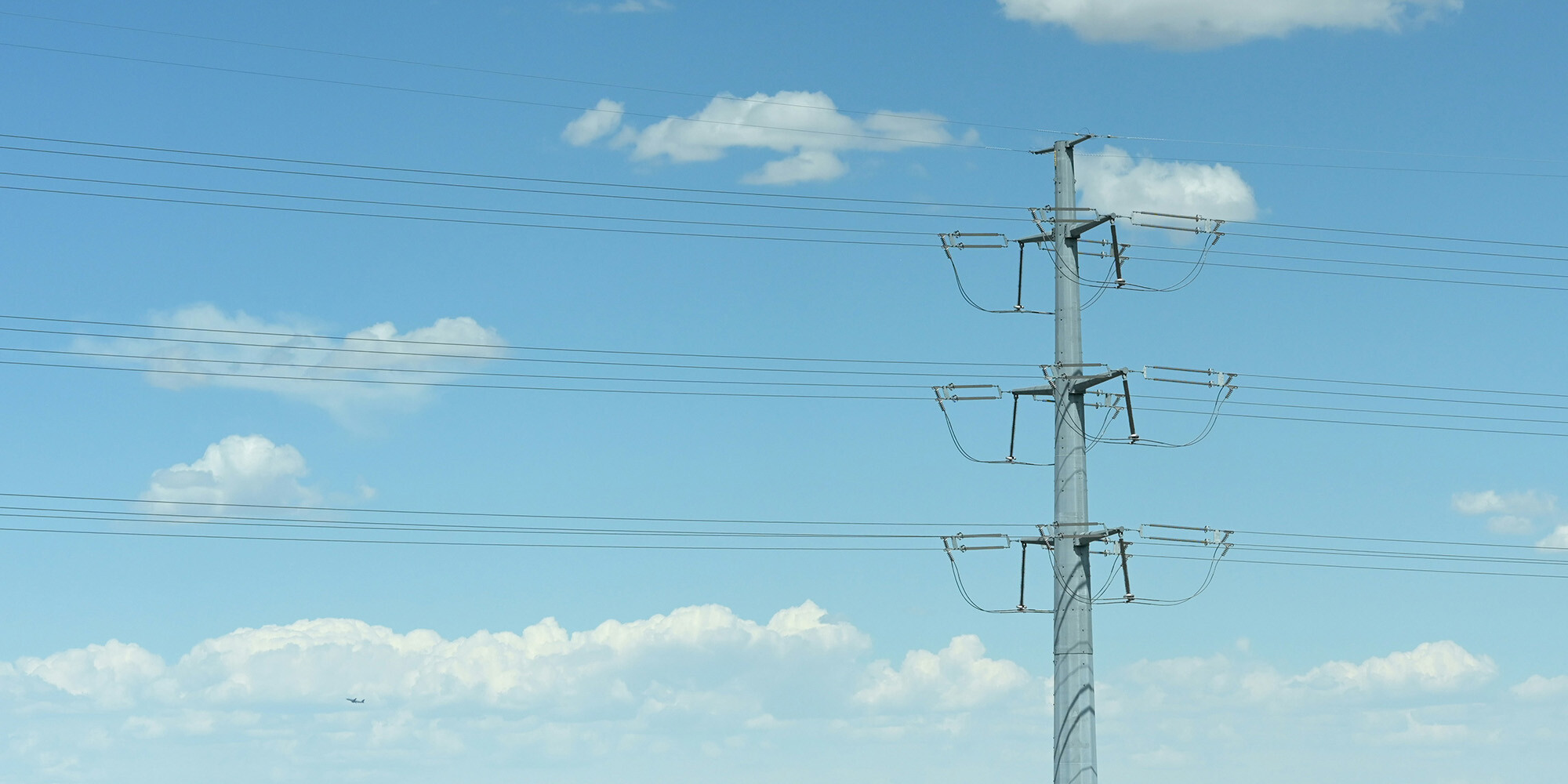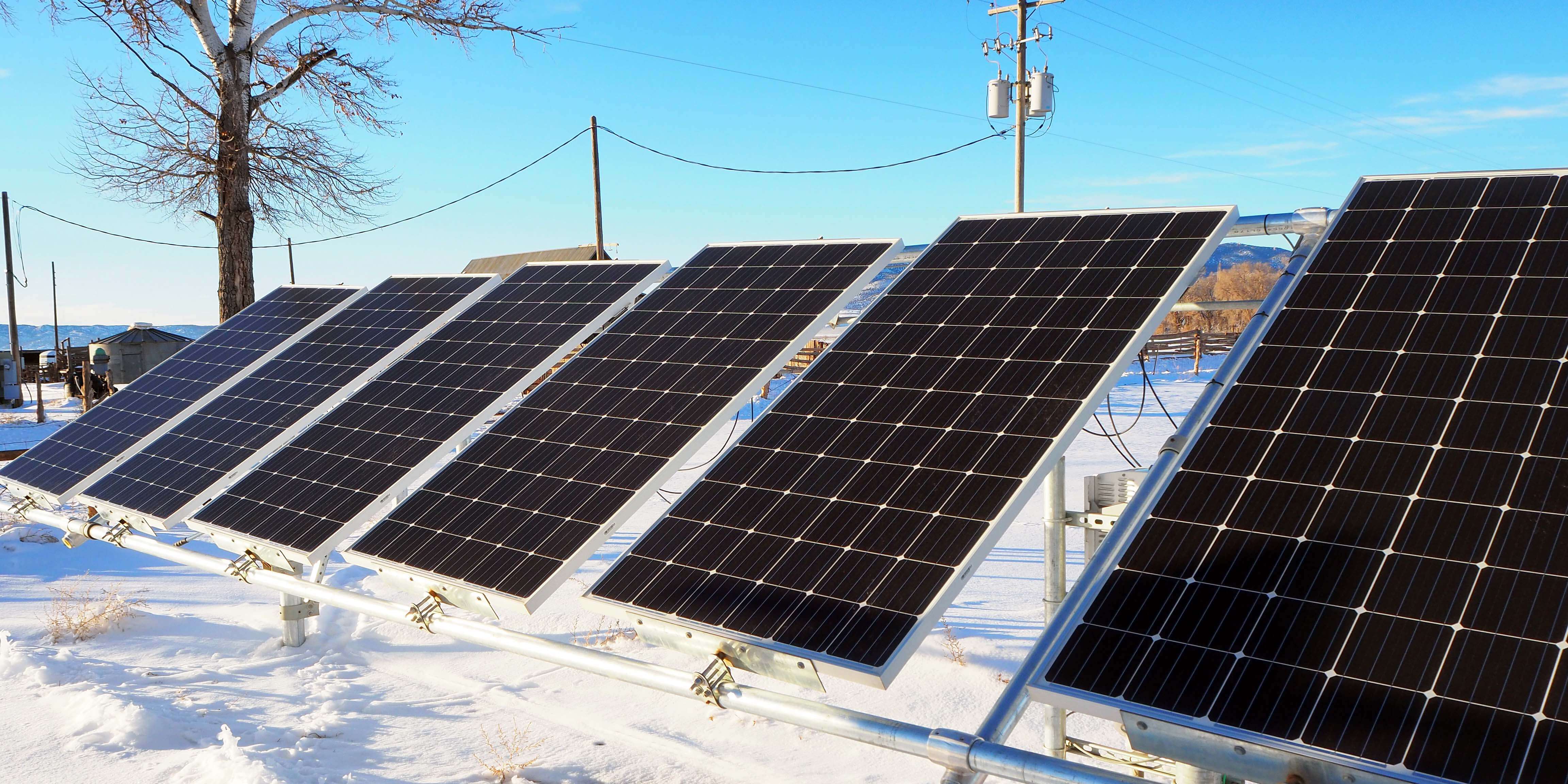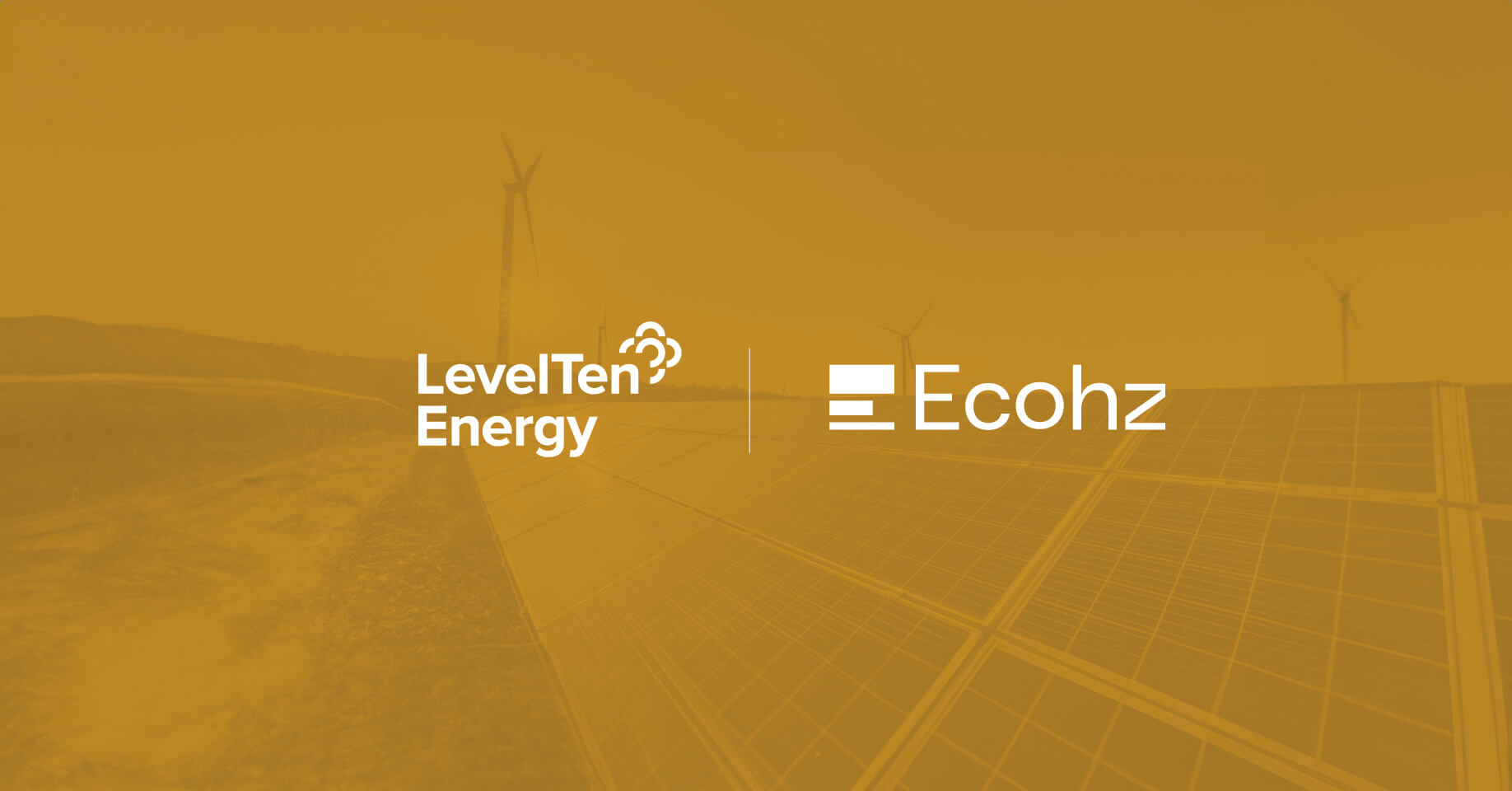Buying renewable certificates is the only way a business can make sure it is consuming renewable energy.
Market demand and the need for international renewable instruments led to the development of a new product: the International REC Standard, also known as I-REC. A system for issuing, tracking and redeeming renewable energy certificates in countries where energy-tracking systems do not exist yet.
“To date, electricity generated from fossil fuels has been the only alternative for companies in Central America,” explains Preben Munch, Corporate Sales in Ecohz. Honduras is heavily dependent on diesel power for energy generation, but aims to make renewable energy sources predominant in their energy mix.
“For companies that want to reduce their emissions and environmental impact there is now an alternative,” says Munch. The alternative is renewable energy documented by I-RECs from Scatec Solar’s solar power plant in Honduras: Agua Fria.
The solar plant has an installed capacity of 60 MW and with favorable sun conditions it generates approximately 120 GWh annually. The power plant was built in June 2015, and six months later its certificates are ready to be brought to the market.
A new international certificate system
By purchasing renewable energy, companies can reduce their emissions across different markets. “With well-functioning and mature renewable energy certificate systems and well-functioning markets in North-America, called RECs, and in Europe called Guarantees of Origin, companies lacked renewable energy certificate instruments in Asia and Latin America,” says Munch. Beyond the established market, I-REC is the best practice way to purchase renewable energy.
Both the Greenhouse Gas Protocol Scope 2 Guidance and the CDP report recommends I-RECs as a market based instrument to track your renewable energy purchase in markets outside the EU and North America. We are able to provide I-REC s from renewable energy sources in Uganda, South Africa, Turkey, China and South East Asia. The multinational company SGS, was the first company to buy I-RECs as part of their commitment to corporate sustainability.
How Agua Fria got I-REC certified
Agua Fria underwent a transparent and diligent, yet efficient and inexpensive, approval process by a third party. Once approved, Agua Fria was registered as a producer in the I-REC registry. Each MWh equals one certificate. “Once a certificate is issued by the producer a company can buy these certificates, cancel certificates and claim renewable energy consumption in that region or country,” explains Munch. If there is a developed multinational/regional grid, issued certificates may be cancelled on behalf of customers that have consumption in that region our country.
And now?
“Our job will now be to promote and inform our clients about the possibilities of renewable energy purchase in Central America. They can purchase certificates and claim zero emissions from their electricity consumption in that region,” says Munch. The possibility of issuing I-RECs from the solar power plant Agua Fria brings everyone closer to the Sustainable Development Goal 7.2 of bringing more renewable energy to the market.
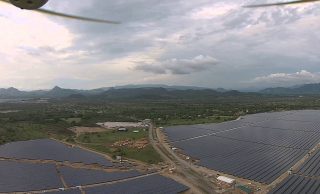
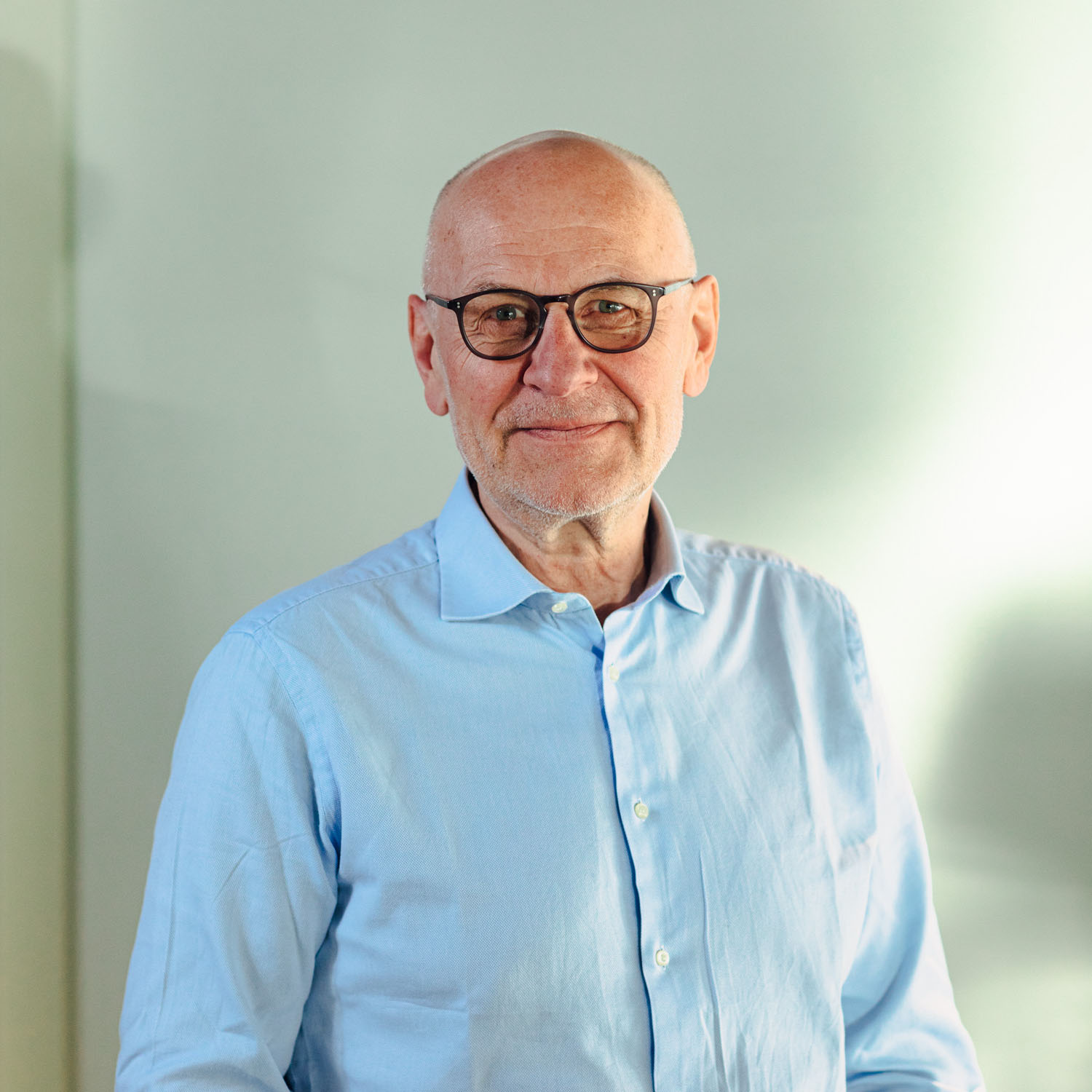
.png?width=3840&height=2560&name=Sun(1).png)

.png?width=3840&height=2560&name=Landscape_2(1).png)
